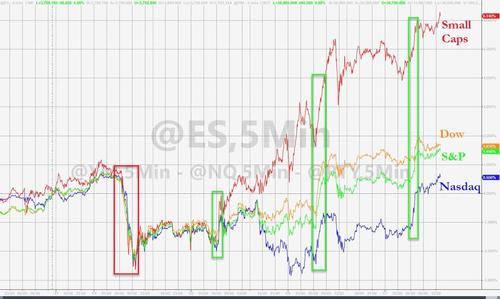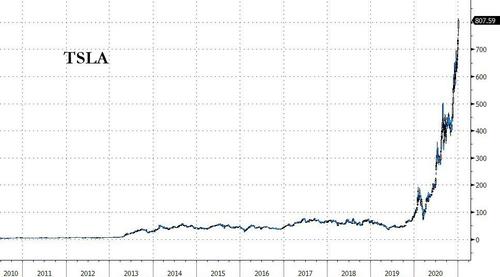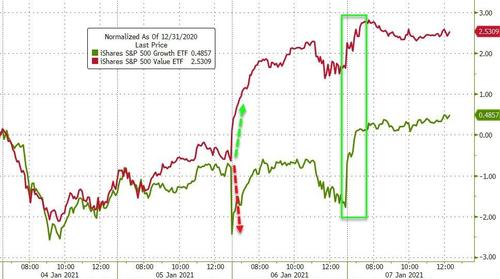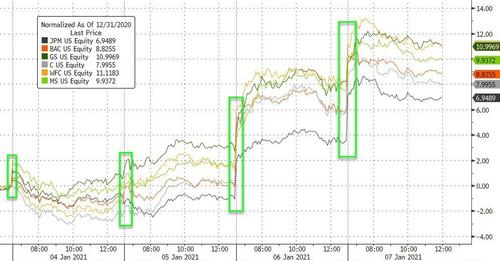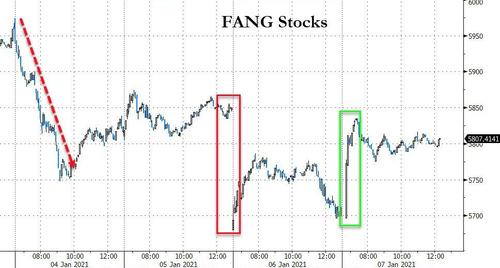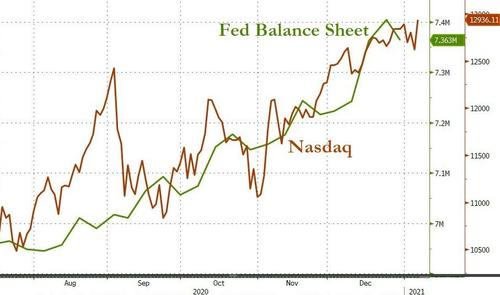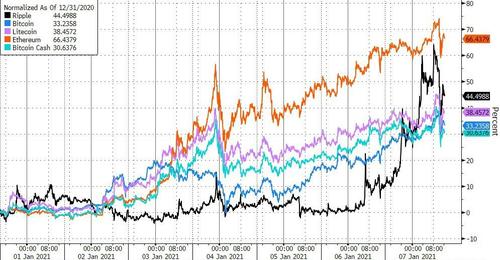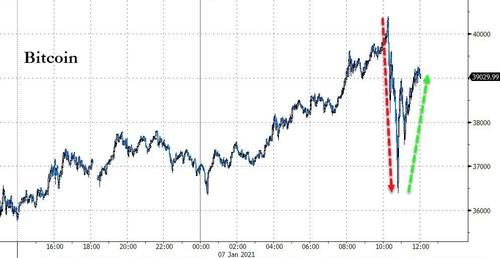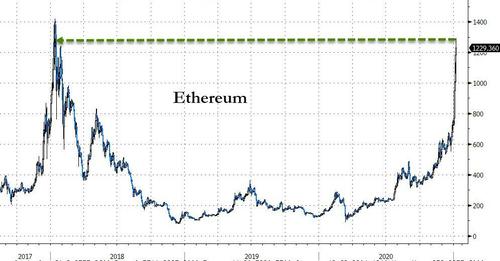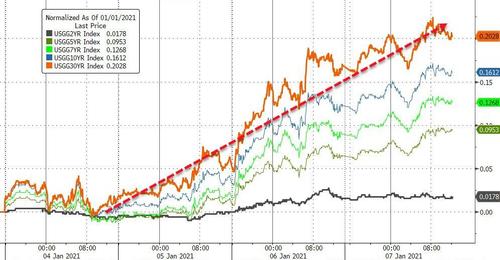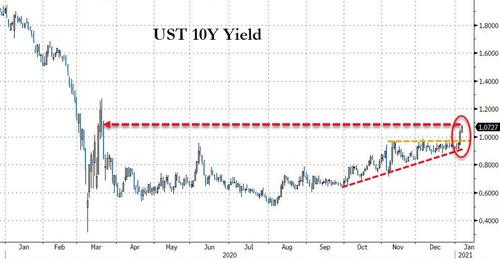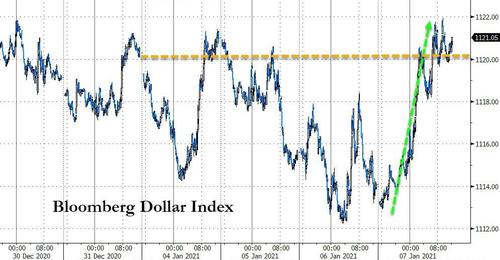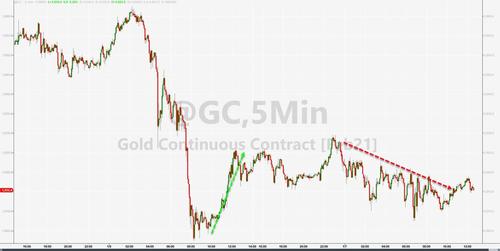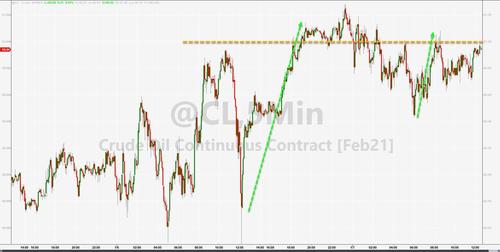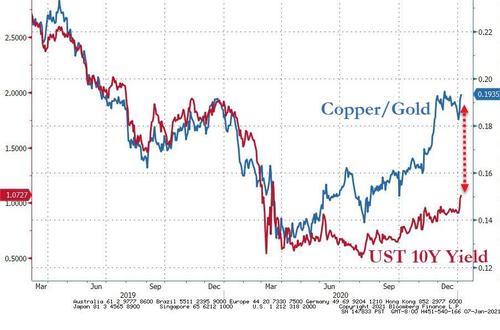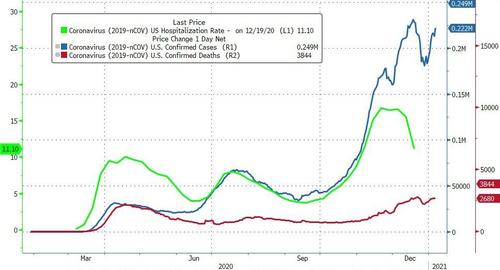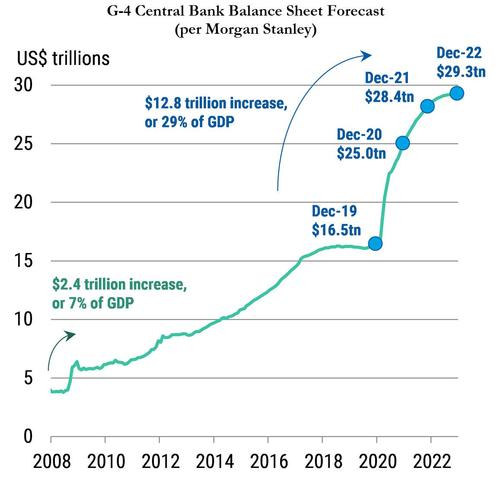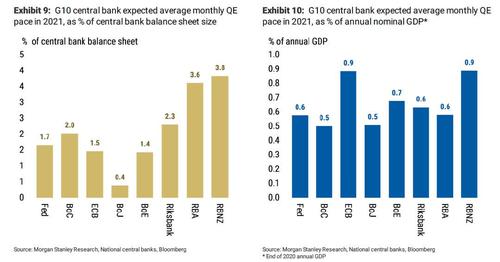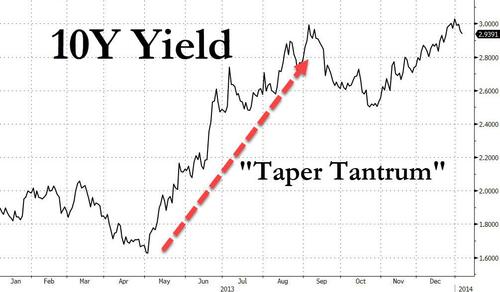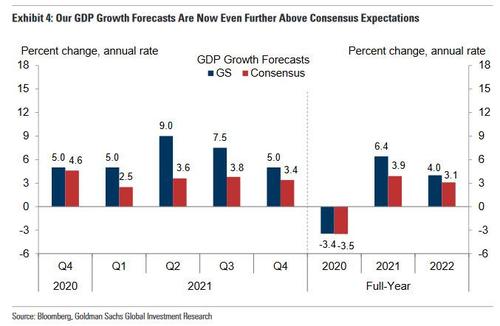
Over and over in the past decade, we have seen students, usually left-wing, respond to the presence or expected presence of right-of-center speakers with attempts to stop them from speaking, either by threatening to show up in force or by demonstrating in large, often unruly groups. These scenes have tended to feature raucous activists disrupting orderly and peaceful proceedings. And while they rarely result in serious violence, they frequently devolve into tense, seemingly out-of-control situations where the speakers and those who gathered to hear them have legitimate reason to fear for their physical safety.
Typically, this has limited immediate effect. The targeted speakers might delay their speeches or appear off campus. Even if they cancel entirely, they can still get their message out through social media and other forums.
But over time, this has a corrosive effect on campus culture. Colleges are institutions founded on open debate and intellectual inquiry. Mobs undermine that foundation by chilling the speech of students, professors, and others who don’t wish to risk face their wrath. The direct results may not always be visible, but over time, the chilling effect can degrade an institution’s values and capabilities, rendering it unable to fulfill its mission. And while the physical threats are often modest, sometimes people are injured.
These mob tactics have been lumped in with an array of speech-squelching activities that have come to be called “cancel culture.” As Greg Lukianoff, the president of the Foundation for Individual Rights In Education, has noted, the rise of campus cancel culture has been driven in large part by students, who in the early 2010s began to demand strict speech codes and the disinvitation of unwanted speakers. But although the demands originated with students, administrators played a key role in encouraging them, supporting cancel mobs through explicit policies and implicit support. The administrators may not have participated directly in the mobs, but they shared some culpability for coddling and even encouraging their obnoxious and destructive behavior.
There has been some debate about what to call the scene at the United States Capitol yesterday, in which hundreds of President Donald Trump’s supporters stormed the building, vandalized offices, stole equipment, and caused Congress—which was in the middle of certifying Joe Biden’s election as president—to drop its official proceedings and flee the legislative floor out in fear. Is it sedition? A coup? An insurrection? A riot?
One or more of those labels may be correct, but I think I have another answer: This was a right-wing cancel mob. Except instead of coming for a campus speaker or a controversial newspaper column, they came for the symbolic heart of democracy itself. They came to the Capitol to exercise a heckler’s veto over the results of a presidential election. This was cancel culture on a national political scale.
The attack on the Capitol yesterday was an attack on the foundation of democracy: the peaceful transition of political power following a legitimate election. Democratic self-governance, in which large groups of people work to make political decisions on their own rather than have them handed down by unelected rulers, is the necessary precondition for ensuring the individual rights and liberties that are the (oft-unmet) American ideal. And a baseline requirement for democratic self-governance is a fair and transparent system for agreeing to accept that sometimes, people you disagree with have won political power. Yesterday’s riot was an attempt—a lame and disorganized one, but an attempt nonetheless—to cancel a core democratic function.
As with campus mobs, the immediate effect may seem limited, and those sympathetic to the rioters may downplay its consequences. The House and Senate reconvened in the evening to finish their business, voting to confirm the election result. The Capitol was damaged and vandalized, but not burned to the ground. The building and all it represents still stands.
But yesterday was far from harmless. Four people reportedly died, including one shot by Capitol Police. The property destruction was not insignificant. The necessary precondition for democratic governance—the peaceful transition of power—was not met. Power will transfer, but it has not been peaceful.
Over time, if this mob and its beliefs are not firmly rejected, there will be a chilling effect on the values and systems that are designed to promote peaceful power-sharing, the institutions that are designed to make productive self-governance possible. These effects may not be obvious or apparent in the short run; over the next year or two, Congress is likely to proceed in a way that looks a lot like business as usual. But without a firm rejection of the mob and what it stands for, there will be a cost, even if that cost is largely invisible.
Yet like campus administrators, much of the Republican Party continues to indulge the mob. Indeed, President Trump began yesterday by spurring on the crowd that would go on to storm the Capitol. Despite having his legal challenges to the election outcome repeatedly and often brusquely rebuked in court, including by judges he appointed, he called the outcome an “egregious assault on our democracy” and told his assembled supporters to “walk down to the Capitol.”
“We are going to cheer on our brave senators and congressmen and women,” he said, “and we are probably not going to be cheering so much for some of them—because you will never take back our country with weakness.” Later, after the mob had crashed into the building and halted legislative business, he posted a video repeatedly reiterating the false claim that the election had been stolen, and a tweet seeming to express sympathy for those who had overrun the Capitol: “These are the things and events that happen when a sacred landslide election victory is so unceremoniously & viciously stripped away from great patriots who have been badly & unfairly treated for so long.”
At the beginning of the day, a large contingent of Republicans, including more than a dozen senators, planned to use the certification of Joe Biden to object to the vote on spurious grounds designed to comfort, if not explicitly validate, the conspiracy theories surrounding the election results.
While some of the senators changed their plans, more than half of House Republicans voted to reject the election results. Just hours after a pro-Trump mob stormed the Capitol, Sen. Josh Hawley (R–Mo.), who led the Senate GOP effort to reject the election outcome, used the certification vote as an opportunity to give a speech condemning violence—and questioning the election’s legitimacy.
These Republicans didn’t participate in the mob, and in some cases they offered pro forma rejections of its violent impulses. But they coddled it, treating its fallacious and dangerous beliefs as essentially justifiable, contorting themselves to embrace the unfounded feeling that the election was somehow illegitimate despite all evidence to the contrary.
They gave comfort to the mob’s animating beliefs, tacitly encouraged its delusions, and built a permission structure for those delusions to continue. And in doing so, they failed their most basic responsibility to both their voters and to the ideals they supposedly serve. In the process, they have degraded their institution and embarrassed themselves. They have proven themselves cowards unworthy of their positions. And like those campus administrators caving to student cancel mobs, they share some culpability for what happened yesterday, and some blame for whatever happens next.
from Latest – Reason.com https://ift.tt/2LzCRWQ
via IFTTT
